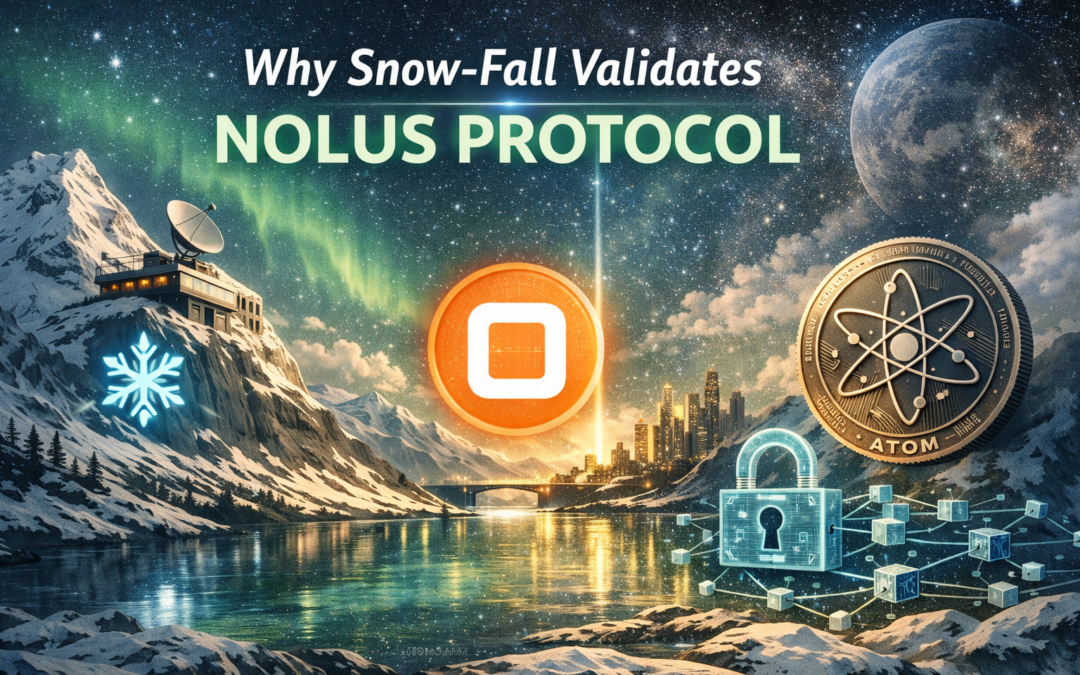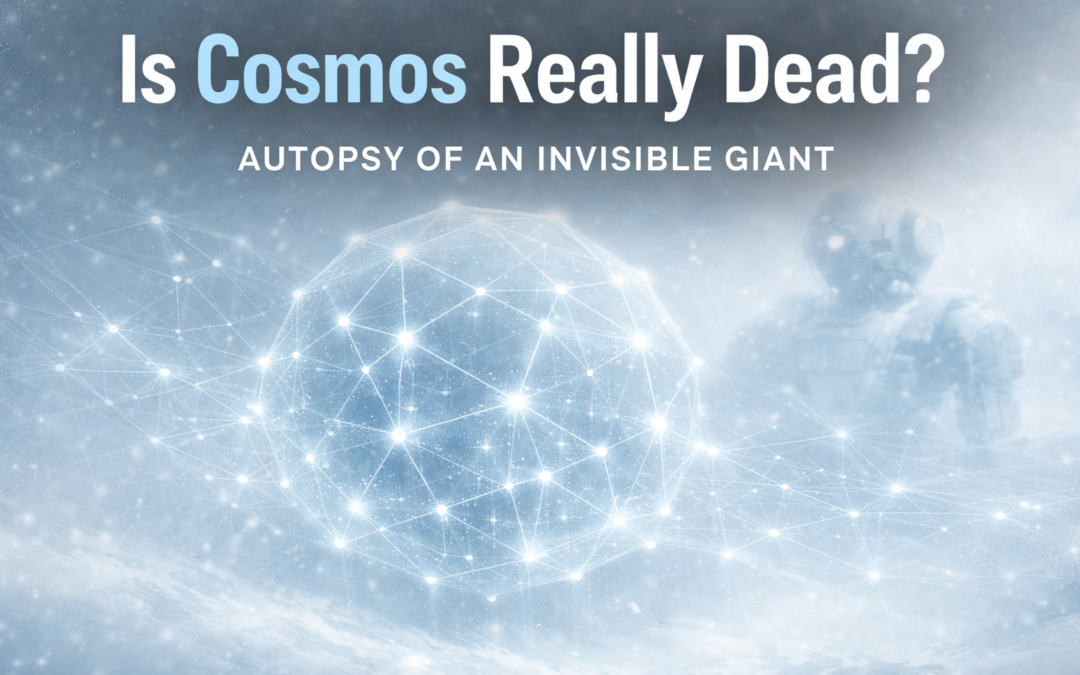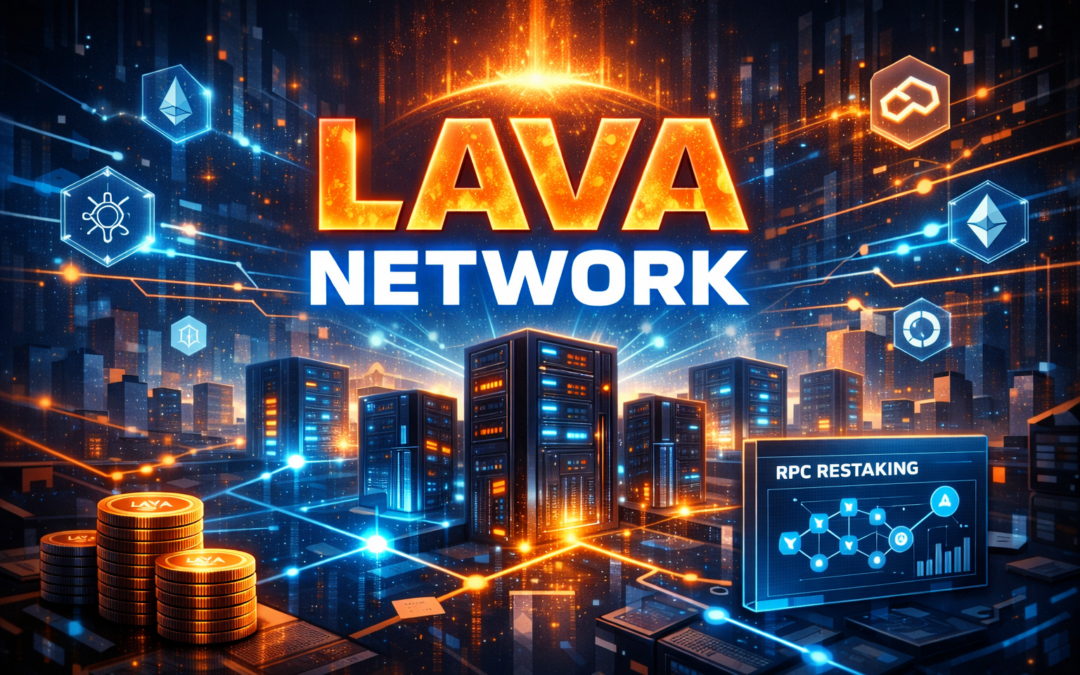How to Turn a Governance Failure into a Democratic Rebirth
Following our in-depth analysis of the Cosmos crisis, one conclusion is clear: the technology is not at fault—the problem lies in the absence of a clear social contract among stakeholders. The failed EVM pivot is merely a visible symptom of a deeper illness: the institutional immaturity of a technologically advanced yet politically adolescent ecosystem.
The solution is not another technological pivot, but a foundational act: the adoption of a Constitutional Charter for the Cosmos Hub. Such a document would turn today’s chaos into a digital rule-of-law system—offering the stability needed for long-term investment, and the flexibility essential for ongoing innovation.
Diagnosis: Why the Crisis Was Inevitable
Symptoms of Governance Failure
Cosmos’ crisis reveals three classic organizational pathologies found throughout human institutional history:
- Principal-Agent Problem: ICL theoretically acts on behalf of the community (the principal) but in reality pursues its own objectives (the agent). Without effective control mechanisms, this divergence inevitably leads to suboptimal decisions.
- Lack of Checks and Balances: Unlike mature democracies that separate powers, Cosmos concentrates all authority in unelected and unaccountable entities.
- Legitimacy Deficit: ICL derives its power from technical capability and ties to the ICF—not from any democratic mandate. This fragile legitimacy collapses when results fail to materialize.
Lessons from Constitutional Benchmarking
An analysis of successful decentralized organizations reveals consistent institutional patterns. MakerDAO, despite its flaws, has survived multiple crises thanks to its robust constitutional mechanics: clear separation of proposal, voting, and execution powers; mandatory transparency; and the ability to revoke mandates.
In contrast, failed projects (like many early DAOs) suffered from power confusion and a lack of clear, enforceable rules.
The Constitutional Charter: Blueprint of a Digital Democracy
Preamble: The Interchain Social Contract
We, the Cosmos community—ATOM holders, validators, developers, and users—in order to form a more perfect network, ensure application sovereignty, establish on-chain justice, guarantee common security, and promote the general welfare of the Interchain, do ordain and establish this Charter for the Cosmos Hub.
This preamble, inspired by historic democratic constitutions, immediately asserts the source of legitimacy (the community) and shared objectives (sovereignty, security, common good).
Book I: Fundamental Rights of the Community
Article 1 – Sovereignty and Interoperability
The Cosmos Hub’s core mission is to facilitate interoperability via IBC and respect the sovereignty of connected chains. This principle is immutable and foundational.
Article 2 – Right to Radical Transparency
All strategic decisions funded by community funds must be subject to at least 30 days of public discussion. Executive entity minutes must be public and auditable.
Article 3 – Right to Proposal and Referral
Any ATOM holder representing more than 0.01% of the supply may submit a governance proposal and receive a reasoned response within 15 days.
Article 4 – Right to Value
ATOM’s utility may not be diluted without a qualified majority vote (66%). Value capture mechanisms must primarily benefit ATOM holders and stakers.
Book II: Separation of Powers
Legislative Power: The ATOM Holders’ Assembly
Role: Votes on protocol laws, upgrades, budget allocations, and constitutional revisions
Mechanism: Direct vote weighted by staking, with a minimum 40% participation quorum
Executive Power: The Interchain Council
Role: Executes Assembly decisions, manages operations, proposes the annual budget
Composition: 7 elected members serving 2-year terms, recallable via vote of no confidence
Constraint: ICL becomes a service provider to the Council—not its leader
Judicial Power: The Constitutional Tribunal
Role: Reviews constitutionality of proposals, arbitrates institutional conflicts
Composition: 5 independent experts elected for technical and legal reputation
Referral: Any significant ATOM holder or Council member may refer cases
Book III: The Sovereign Financial Pact
Article 5 – Sovereign Community Treasury
50% of ICF funds must be transferred to an on-chain treasury under exclusive control of the Assembly within 18 months.
Article 6 – Mandate-Based Funding
Projects and teams receive funding via public calls for proposals voted by the Assembly, with measurable objectives and milestone-based disbursements.
Article 7 – Audit and Transparency
Annual independent audits are mandatory. All financial flows over 100,000 ATOM must be disclosed in real time.
Adoption Process: From Proposal to Reality
Phase 1 – Community Mobilization (3 months)
The first step is building a broad movement to legitimize the constitutional process:
- Project Coalition: Rally major ecosystem apps (Osmosis, Injective, Stargaze)
- Validator Support: Convince top validators of the long-term value impact
- Comms Campaign: Reach beyond tech circles to institutional investors and crypto media
Phase 2 – Collaborative Drafting (2 months)
The Charter must arise from a bottom-up process:
- Constitutional Convention: 21 delegates elected by the community
- Public Consultation: Each article is publicly debated and amendable
- Expert Oversight: Legal and governance experts provide guidance
Phase 3 – Democratic Adoption (1 month)
The vote to adopt the Charter requires an exceptional qualified majority:
- Participation Threshold: At least 60% of staked ATOM must vote
- Approval Majority: 75% must approve
- Cooling Period: 15 days between final debate and vote to allow informed decision-making
Expected Benefits: Toward a Virtuous Circle
Impact on Valuation
A robust constitutional governance would transform ATOM’s value proposition:
- Reduced Political Risk: Institutional investors reward predictability. A clear Constitution eliminates erratic pivot risk.
- Governance Premium: ATOM becomes a governance asset of a digital state, justifying higher valuation.
- Value Capture Assurance: The Constitution ensures that innovation translates into tangible ATOM holder value.
Impact on Innovation
Paradoxically, limiting power fosters innovation:
- Legal Certainty: Developers feel safe investing in long-term projects under stable rules.
- Regulated Competition: Separation of powers creates healthy rivalry among teams competing for public mandates.
- Optimal Resource Allocation: Funding flows to promising projects through transparent tenders—not privileged ties.
Impact on Ecosystem
Cosmos’ Constitution could set a precedent for others:
- Governance Standard: Other blockchains may adopt this constitutional model
- Institutional Appeal: Mature governance attracts cautious institutional partners
- Systemic Resilience: Future crises can be handled democratically
Challenges and Objections: Addressing the Critics
“Too Complex for Crypto”
Objection: Blockchain should remain simple and technical—not mimic a state. Response: All complex, lasting systems develop sophisticated institutions. Even Bitcoin has informal governance (BIPs, core devs). Cosmos, as “the internet of blockchains,” needs matching institutions.
“This Would Slow Innovation”
Objection: Democratic processes are slow—crypto moves fast. Response: The Constitution separates strategic (deliberative) from operational (fast) decisions. Innovation is not only speed, but direction. Better to move slowly in the right direction than fast into disaster.
“ICL Will Never Accept This”
Objection: Why would ICL give up power? Response: Faced with a mobilized community, ICL has no choice. The Constitution doesn’t abolish ICL—it clarifies its role and compensation. In a stable, high-value ecosystem, ICL may earn more as a trusted service provider than as a contested leader.
Conclusion: The Birth Act of an Adult Cosmos
Adopting a Constitutional Charter would be the most significant act in Cosmos’ history. It would affirm that governance is not a secondary issue, but the social technology that gives true value to code.
It would mark the end of “ATOM vs ATOM” and the beginning of “Cosmos United.” It would transform a crisis-stricken ecosystem into a precedent—a model for a mature, resilient, digital nation.
The stakes go beyond Cosmos: they concern the credibility of decentralized governance as a system capable of producing durable and legitimate institutions. If Cosmos succeeds, it will pave the way for a new generation of decentralized organizations governed by law—not by force or randomness.
This crisis is a historic opportunity. Either the ecosystem seizes it and reinvents itself, or it remains trapped in its contradictions. The choice now belongs to the community: to endure history, or to shape it.
The time has come to turn crisis into democratic revolution. The time has come to give Cosmos the Constitution it deserves.










